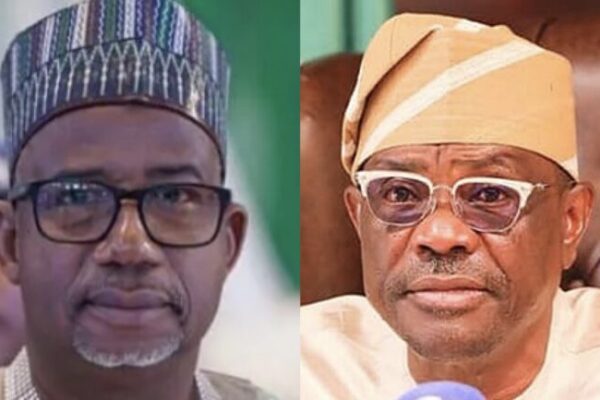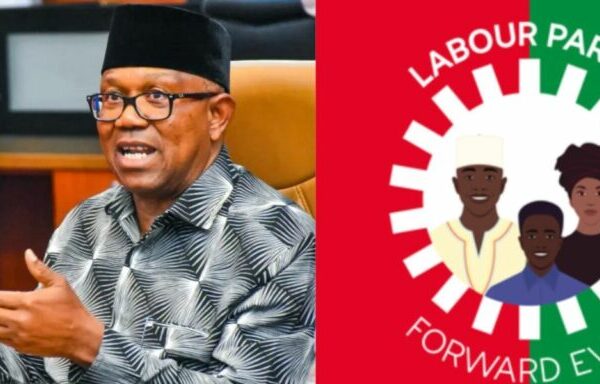The Court of Appeal in Kano has upheld the death sentence handed to Abdulmalik Tanko for the killing of five-year-old Hanifa Abubakar. Delivering judgment, Justice A. R. Muhammad dismissed Tanko’s appeal and confirmed the decision of the Kano State High Court, which sentenced him to death by hanging. The appellate court ruled that the trial court followed due process and properly evaluated the evidence presented during the trial. Justice Muhammad said the arguments raised by the appellant were unconvincing, noting that the prosecution proved its case beyond reasonable doubt. The court found no basis to set aside or interfere with the earlier judgment. The judge also advised relevant authorities to ensure the sentence is carried out once the convict has exhausted all legal options available to him. Hanifa was abducted in December 2021 by Tanko, the proprietor of Noble Kids Academy in Nassarawa Local Government Area of Kano State, where she was enrolled as a pupil. After demanding a ₦6 million ransom from her family, Tanko later poisoned the child with rat poison, leading to her death. The incident triggered nationwide outrage, particularly because of Hanifa’s young age and the betrayal of trust, as the crime was committed by the owner of the school responsible for her care. Tanko was arraigned on January 24, 2022, alongside Isyaku Hashim and Fatima Jibril, on charges including criminal conspiracy, kidnapping, unlawful confinement, and culpable homicide. On July 28, 2022, the Kano State High Court sentenced Tanko and Hashim to death by hanging, while Fatima Jibril was handed a two-year prison term.









